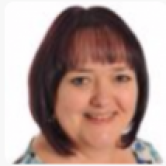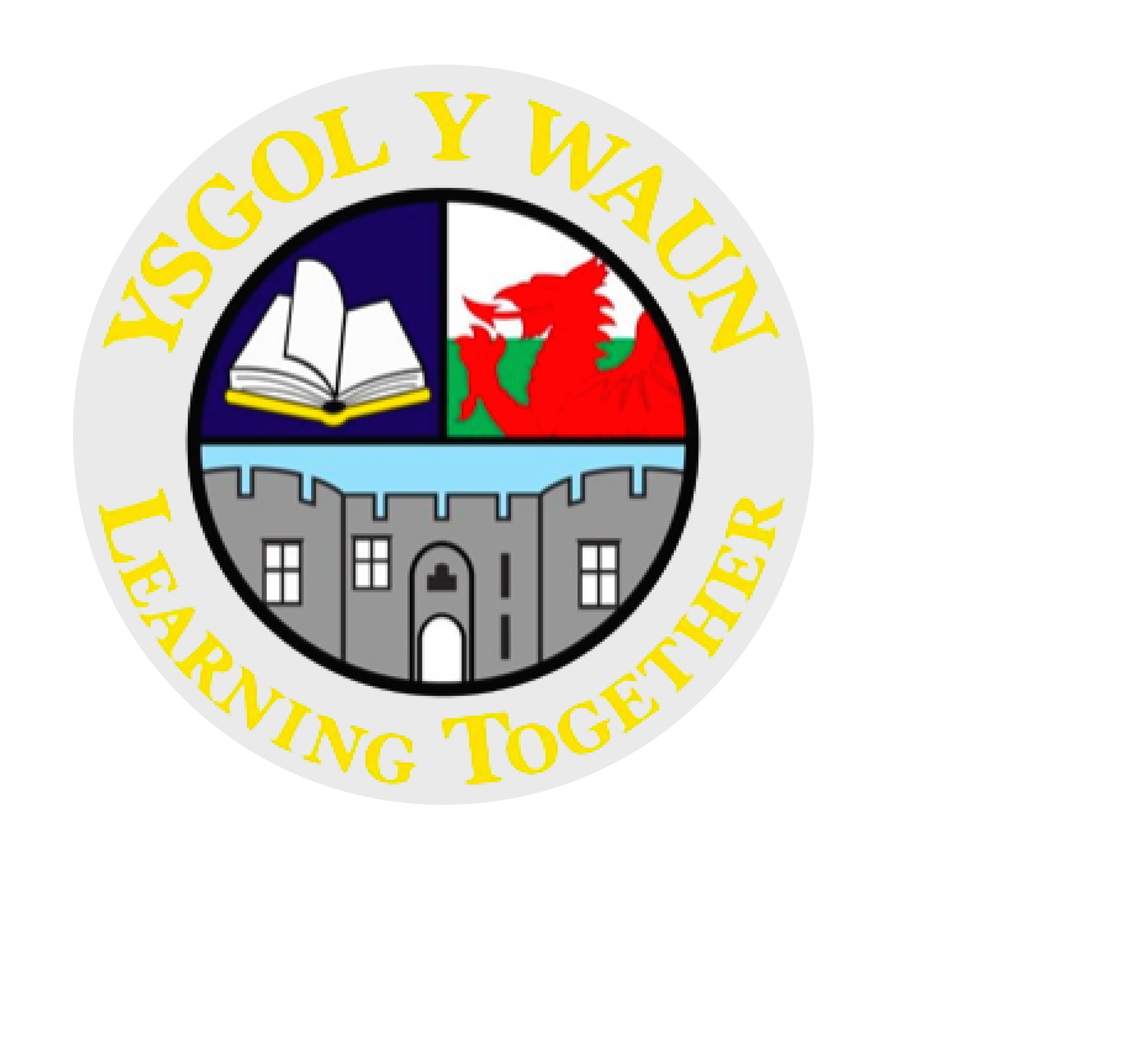
Mrs Natalie Edwards
ALNCO
What are Additional Learning Needs?
A person has additional learning needs (ALN) if he or she has a learning difficulty or disability which calls for additional learning provision. This is whether the learning difficulty or disability arises from a medical condition or otherwise.
This would be if they:
- have a significantly greater difficulty in learning than the majority of others the same age have a disability which prevents or makes it more difficult for them to make use of facilities provided for others of the same age in a mainstream maintained school
How will my child be supported?
At Ysgol Y Waun, we are committed to working together to support all pupils to help meet their needs and reach their full potential. As part of a graduated response, we implement support at a universal and targeted universal level and through additional learning needs provision.
Universal Provision (UP)
As a school we ensure that the needs of all pupils are met through high quality teaching and learning provision.
Our Universal Provision includes:
- Whole class quality first teaching
- Effective differentiation
- Collaborative group and partner work
- Individual and small group interventions (within the class or in the shared area with an adult)
- Access to visual aids and support e.g. working walls, maths resources, writing frames
- Appropriate and reasonable adjustments to enable access to the school environment, curriculum and facilities
Targeted Universal Provision (TUP)
During their time at Ysgol Y Waun, pupils will make expected progress in their learning from their starting points with what we can offer universally. If a pupil is not progressing, we will gather observations, use assessment data, and seek to work in collaboration with outside agencies to identify any additional learning needs. A wide range of evidence will be gathered over time, including:
- Assessment tools, frameworks, and questionnaires
- Standardised assessments
- Observational data
- Formative assessments of day-to-day learning
- Monitoring progress over time
At this point, a pupil would have a Targeted Universal Plan (TUP) which would indicate their individual targets. Progress would be reviewed termly. Additional action may be taken at this stage and advice and support may be sought from outside agencies such as Educational Psychology Service, Speech and Language Therapy Service, Noddfa Assessment and Early Intervention Centre, who might suggest specific strategies to support a pupil.
Individual Development Plan (IDP)
Where a pupil has not progressed as well as expected with the additional support provided as outlines above, the next stage of the graduated response would be for the school to consider whether the pupil has Additional Learning Needs (ALN) and in turn requires Additional Learning Provision (ALP). Should it be determined that a pupil has Additional Learning Needs, an Individual Development Plan (IDP) would be developed in a person-centred manner through a Person-Centred review meeting. The IDP would be reviewed at least annually to ensure they reflect the needs of the pupil and remain relevant.
